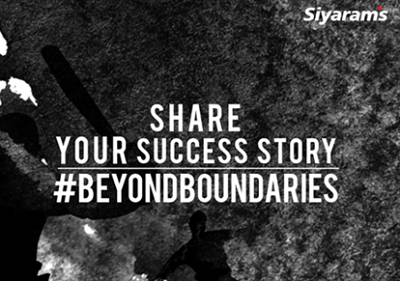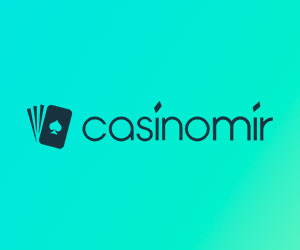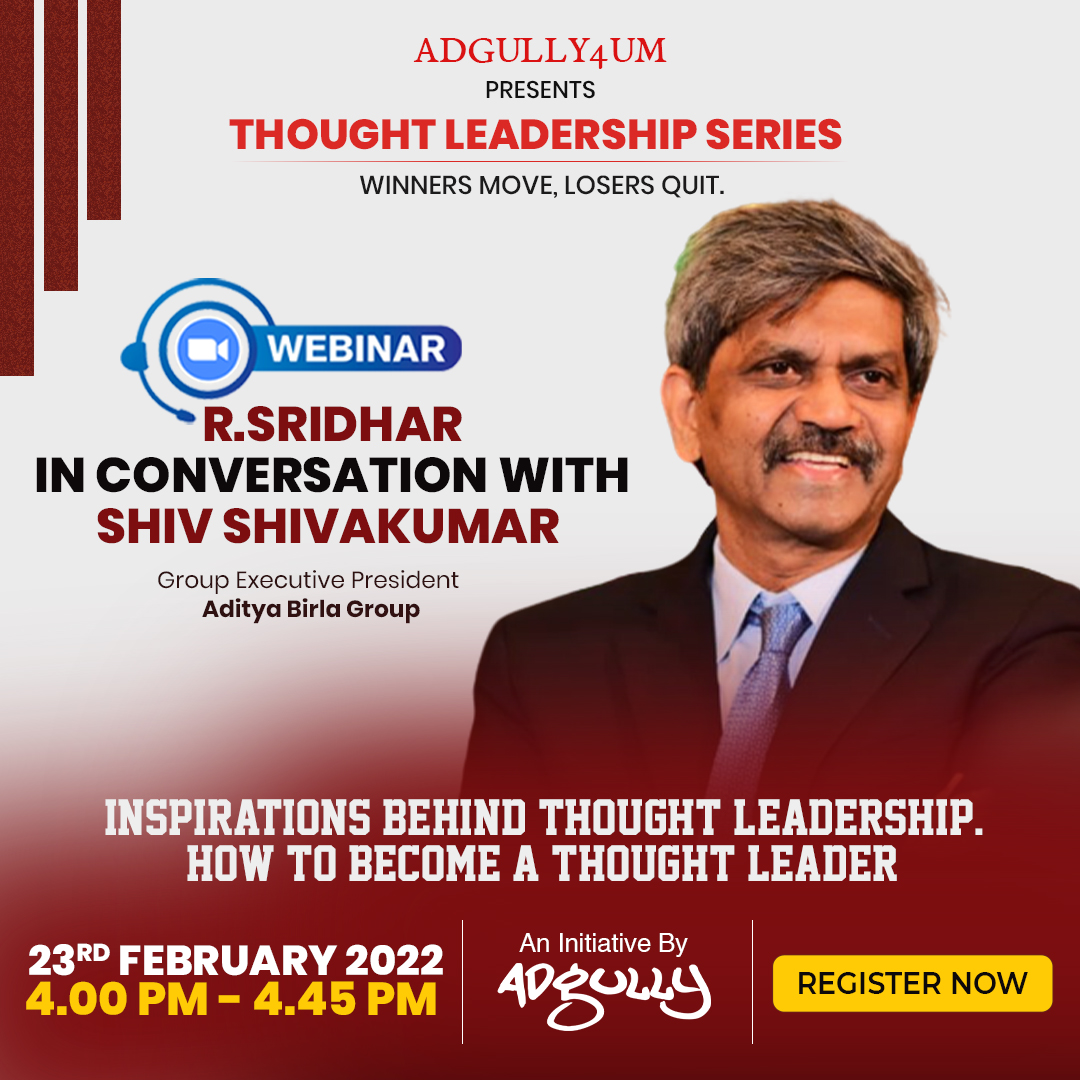Influencer marketers – The new age brand ambassadors: Mitchelle Carvalho
The last 5 years have seen the advent of a new kind of ambassadors – the ‘Online Influencers’. These influencers are people from everyday walks of life; people in varied set of jobs, with strong opinions who have through talking about their passions and interests gathered themselves fans and sometimes cult following online.
According to a recent influencer marketing outlook study conducted by Blogmint, 84 per cent of marketers find influencer marketing more effective over other digital marketing efforts. Google Trends on Influencer Marketing in India throws a popularity average of 60, which goes to show interest in this type of marketing. Considered the fastest growing consumer acquisition channel, the concept unquestionably takes the brand endorsements to an all new level of brand advocacy.
Users tend to seek opinion of their influencers on the latest gadget or restaurant and many brands see a pattern in buying or reacting to their products or services endorsed by such influencers. Twitter, Instagram, Snapchat, Facebook and YouTube have worked out to be immensely useful, where such influencers review, discuss, unbox products for a user to see for themselves.The fluidity of the platforms with video and rich media content creation is what makes it even more interesting.
A recent case in point to prove Influencer Marketing is the new way for brands to look at promoting their latest products and services, for example, Society Tea. Having launched their new #OneMinuteTeaChallenge for pre-mixed teas, Society Tea was looking at engaging users online. Digital marketing agency CogMat created a simple campaign involving a puzzle and the Society Tea kit, delivered to users who wished to participate, and recorded their #OneMinuteTeaChallenge on their Twitter accounts.
Not only did the challenge do phenomenally well, receiving more than 8 million impressions and reaching 3 million unique users, but it also repeatedly showed how the product can be used and consumed.
A user entry received more than 1,100 retweets, a feat many brand pages struggle to get on a unique entry of the challenge done in a sign language. The conversations around his entry had users commenting on both the uniqueness of his entry as well as clarity on how to make this type of tea using the ingredients and measuring equipment provided by the brand in its packaging.
Similarly, brands in the automotive space have done interesting test drives and road trips with Twitteratis or digital influencers to showcase their vehicles and show the effectiveness of the same via these activities. Internationally, too, festivals like Coachella heavily rely on influencer marketing to promote and engage with potential visitors.
Looking back, the relationship between brand ambassadors and the brands they endorse has witnessed a sea-change in the past two decades in India. From brands that only sought after and engaged the most admired Bollywood stars or cricketing heroes in the country, regardless of their personal interest or expertise in them; brands today focus on associating with ambassadors who are more relevant or bring meaningful engagement to their brands. So, on the one hand you may have a leading Bollywood celebrity endorsing a bodywash, you have a bunch of musical transsexuals singing songs for a tea brand.
As much as print and TV has progressed with their brand ambassador game, digital media has a slightly different trajectory to begin with. The challenges brought about in digital media have ranged from canvassing the digital footprint with an existing umbrella communication set by mainline, leaner budgets for branding or marketing, and using digital media as a mere lead generation platform, among others.
Despite the mounting challenges, what remains unique to digital, especially social media, is two-way communication. Real-time feedback on products and services has helped many a brand understand consumer reaction and have used them to their advantage time and again.
Among the many reasons why people use social media, one of the top reasons is peer-to-peer influence on brands, products or services. Users seek recommendations and reviews by people whom they follow or trust online to make most of their buying decisions. A study by MarketingLand suggests that 90 per cent of buying decisions are influenced by online reviews.
A question to ponder on is would consumers be influenced to buy a particular product from a brand endorsed by an A-list celeb, or would he be more influenced to buy a product from the real-life experience of a person who’s life is more relatable to their own? If the latter one is believed to be true, influencer marketing budgets shall hopefully see a rise as the brands experience more meaningful engagement between users and themselves.
(Mitchelle Carvalho is Co-founder and CEO at CogMat Digital Marketing Agency.)











Share
Facebook
YouTube
Tweet
Twitter
LinkedIn